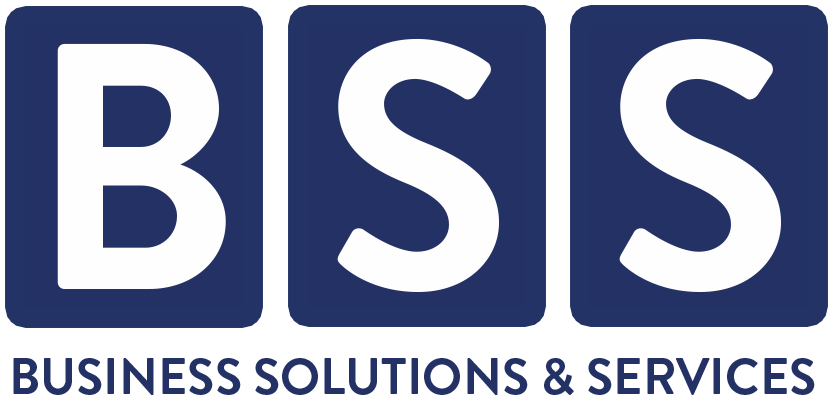Decoding the Salesforce Consulting Partner Landscape: How to Choose the Right Fit for Your Business
Introduction
Choosing the right Salesforce consulting partner can define the success or failure of your CRM transformation. With hundreds of certified partners in the Salesforce partner landscape, each offering specialized services, it can be overwhelming to know where to begin. Whether your business is new to Salesforce or seeking to optimize an existing setup, finding a trusted partner ensures that implementation, customization, and long-term scalability align with your business goals. In this article, we’ll decode the Salesforce consulting partner ecosystem, discuss partner types, explore certification levels, and provide a practical evaluation checklist to help you make an informed decision.
Understanding the Salesforce Partner Landscape
The Salesforce partner landscape is an interconnected ecosystem of certified companies authorized to deliver Salesforce-related services — from implementation and integration to training and support. Each Salesforce consultancy company undergoes a rigorous vetting and certification process to demonstrate technical expertise and customer success.
What Are the Different Types of Salesforce Partners?
Salesforce classifies its partners into distinct categories based on their expertise and contribution to the ecosystem:
1. Consulting Partners
These are firms that specialize in Salesforce setup, deployment, customization, and optimization. Consulting partners work directly with businesses to align Salesforce solutions with operational goals.
2. ISV (Independent Software Vendor) Partners
ISV partners build specialized applications that extend Salesforce’s functionality. You can find their products on the Salesforce AppExchange — from marketing automation tools to advanced analytics dashboards.
3. Reseller Partners
Reseller partners handle Salesforce licensing and subscription sales, often combining it with training and onboarding support for end users.
4. Managed Service Providers (MSPs)
MSPs offer continuous Salesforce management, support, and updates post-implementation. They’re ideal for businesses seeking long-term CRM optimization without maintaining an in-house team.
Understanding these categories helps you narrow your search to the best Salesforce consulting firms aligned with your technical needs and business objectives.
Why Partner Certification Matters
Not all partners are created equal — this is where Salesforce’s Partner Program comes into play. Certified partners undergo extensive training and must demonstrate real-world success through verified projects, client satisfaction scores, and technical credentials.
What Makes a Salesforce Partner “Certified”?
A certified Salesforce consulting firm holds credentials proving its consultants have passed Salesforce’s official certification exams. These certifications include specializations such as:
Salesforce Certified Administrator
Salesforce Certified Consultant (Service, Sales, or Marketing Cloud)
Salesforce Certified Developer
Certified partners often display their Salesforce Crest Level (Base, Ridge, Crest, or Summit), indicating their experience level, customer success rate, and number of certified professionals on staff. Choosing a certified partner ensures you’re working with experts who follow Salesforce’s best practices and maintain the highest delivery standards.
Key Factors to Consider When Choosing a Salesforce Consulting Partner
Finding the right Salesforce implementation partner involves more than comparing prices or reading reviews. Below are essential factors that separate a reliable partner from an average one.
1. Industry Experience and Expertise
Your chosen partner should understand your industry’s workflows, compliance requirements, and customer behavior. A partner experienced in your vertical can customize Salesforce in ways that immediately deliver value.
2. Proven Track Record
Look for case studies, success stories, and client testimonials. Reliable partners such as BSS Universal demonstrate a strong history of delivering measurable results across multiple Salesforce clouds.
3. Technical Certifications
Ensure your consulting partner has Salesforce-certified professionals with proven expertise in Sales Cloud, Service Cloud, Marketing Cloud, and Revenue Cloud. Certifications validate their technical capabilities and ensure error-free deployment.
4. Scalable Service Model
Choose a partner capable of scaling with your business. Whether it’s adding new Salesforce products or expanding globally, your partner should support your long-term digital transformation roadmap.
5. Post-Implementation Support
The right Salesforce consultancy doesn’t end its job after going live. Ongoing maintenance, data migration, training, and user adoption support are essential for continued ROI.
CRM Partner Evaluation Checklist
Before finalizing your decision, use this CRM partner evaluation checklist to compare vendors:
| Evaluation Criteria | Why It Matters |
|---|---|
| Salesforce Certifications | Confirms technical expertise |
| Industry Experience | Ensures relevant CRM customization |
| Client References | Builds trust and transparency |
| Project Methodology | Guarantees on-time, on-budget delivery |
| Support and Training | Enables successful user adoption |
| Scalability | Future-proofs your CRM investment |
By following this checklist, you can identify the most reliable Salesforce consulting partner that aligns with both your current needs and future growth ambitions.
Is It Worth Hiring a Salesforce Consulting Partner Instead of Freelancers?
While hiring a freelancer might seem cost-effective, it rarely matches the long-term benefits of partnering with a Salesforce consultancy company. Certified partners provide a full team of experts, including architects, developers, administrators, and project managers — ensuring your Salesforce implementation meets security, scalability, and compliance standards.
Freelancers may lack enterprise-level experience and post-deployment support, which are critical for optimizing Salesforce’s ROI. In contrast, a certified Salesforce consulting firm ensures reliability, continuity, and accountability throughout every stage of your CRM journey.
How to Build a Long-Term Partnership
Choosing your Salesforce consulting partner is just the beginning. For lasting success, maintain transparent communication, schedule regular performance reviews, and collaborate on innovation. Trusted partners like BSS Universal prioritize long-term growth through data-driven strategies, automation, and continuous process improvement.
By aligning your internal teams with an expert partner, your organization can unlock Salesforce’s full potential — driving productivity, customer satisfaction, and revenue growth.
Conclusion
The Salesforce partner ecosystem offers countless opportunities — but success depends on selecting the right partner who aligns with your business vision. Evaluate each candidate based on certification, experience, and long-term scalability. A reliable Salesforce consulting partner acts as an extension of your team, ensuring that every Salesforce investment delivers measurable value.
If you’re ready to streamline your Salesforce transformation journey, partner with BSS Universal — where innovation meets expertise. Contact our Salesforce experts today to explore a customized implementation plan tailored to your goals.

